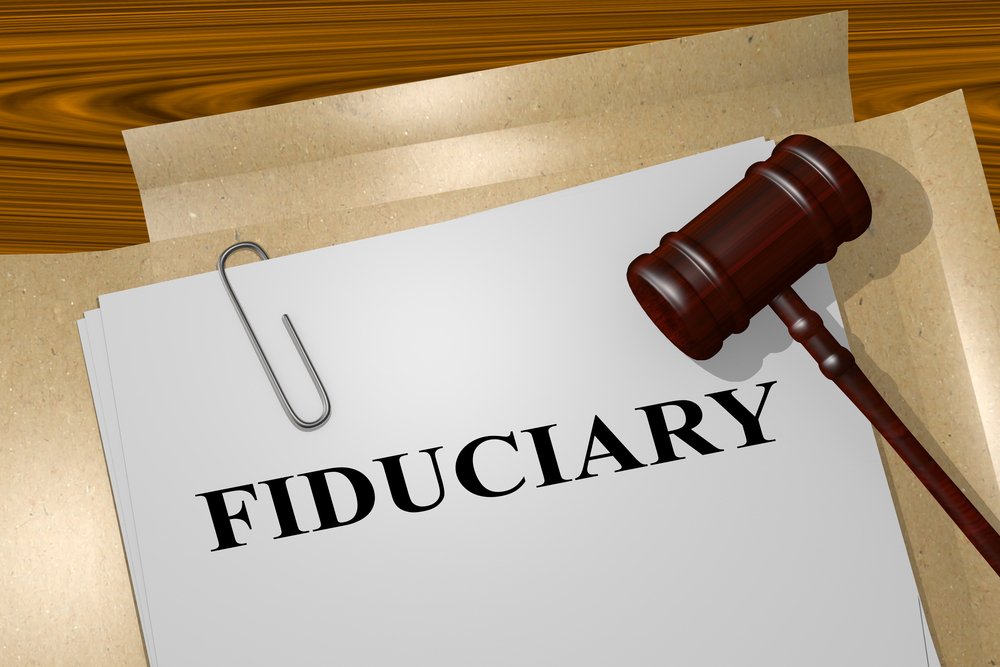Do You Have the Right Fiduciary?
A fiduciary is a fancy legal term for the person who will take care of your property for you if you are unable to do it yourself, such as the executor of an estate, the trustee of a trust, or an attorney-in-fact under a power of attorney. Your first instinct might be to name one of your children as a fiduciary, but if you want to avoid conflict among your children, this might not be the best option.
Posted on January 17, 2020

When naming a fiduciary, it is important to be able to trust the individual, which is why people often name family members as fiduciaries. However problems can arise when a parent with two or more children names one child as a fiduciary.

FREE WEBINAR
5 Things to Know About
Estate Planning
When You Turn Sixty-Five
A child is often not the best fiduciary for several reasons:
- It is hard for a child to be completely objective.
- Children often disagree over many things, including how long the estate should take to complete, the selling of assets, and the division of personal property.
- Children often don't communicate with each other well.
- When one child is named as fiduciary problems between family members can arise surprisingly frequently.
An alternative is to hire a professional fiduciary. A professional fiduciary can be a bank with trust powers, a certified public accountant, or a trust company. The attorney who is drafting your estate planning documents can recommend a good one in your area. A professional fiduciary will charge a fee, but the fee should be explained ahead of time. In addition, because a professional is experienced in managing money and property, your assets are more likely to increase under this person's or institution's guidance.
To ensure that your family has some input, you can include a provision that allows one or more family members to discharge the fiduciary if they feel the professional is not doing a good job. This will allow your family to make sure the fiduciary is performing properly without having the burden of acting as fiduciary.
An attorney can help you make sure you have the right fiduciary for your family.
More from our blog…
What You Should Know About Long-Term Care
Research shows that roughly one in seven adults aged 65 or older will need long-term care at some point in their later years. Meanwhile, tens of millions [...]
Understanding Medicaid: What Does Medicaid Cover?
In the complex and frequently changing landscape of health care in the United States, Medicaid stands out as a vital program. Since 1965, it has [...]
Elder Financial Abuse: How an Elder Law Attorney Can Help
Elder financial abuse is a significant issue affecting many older adults nationwide. It involves someone exploiting or misusing an older person’s finances or assets for [...]
Does Medicare Cover Prescription Weight Loss Drugs?
Americans have a growing appetite for prescription drugs such as Ozempic, Wegovy, and Mounjaro. Originally developed to treat Type 2 diabetes, they are now exploding [...]
Recent blog posts

FREE WEBINAR
5 Things to Know About
Estate Planning
When You Turn Sixty-Five





